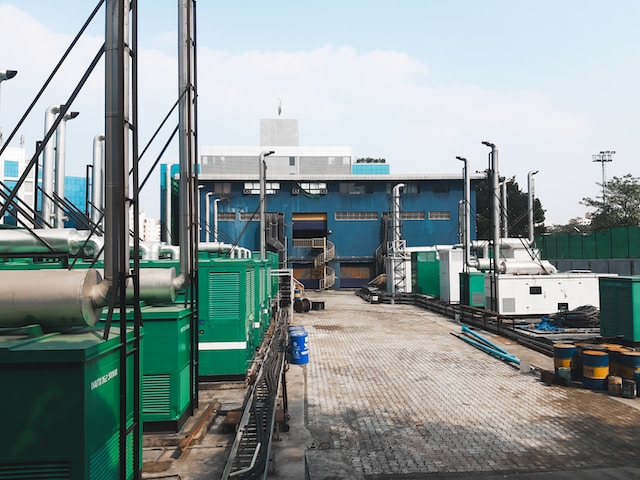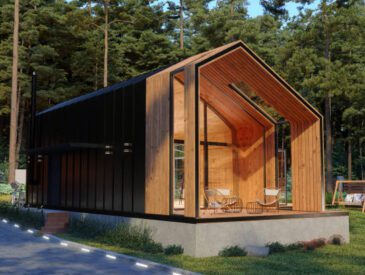Having a generator installed helps your business avoid costly power outages. It prevents your staff from stopping their work and waiting until the power returns.
It also saves you money on hotel rooms and travel expenses if you need to evacuate during an emergency. A natural gas generator uses clean-burning fossil fuels and produces 90% less carbon dioxide, nitrogen oxide, and particulate matter than diesel.
Contents
Save Money
Power outages can cost your business time and money. Portable generators can keep vital systems running, such as the lights and computers, even during an outage. Doing this may prevent revenue from declining and maintain staff productivity.
Home generators run on natural gas or propane and remain outside, eliminating the risk of carbon monoxide poisoning and making them safer than gasoline backups. They also prevent voltage fluctuations and power surges that can damage your appliances.
Generators Edgewater MD can help you save on food and lodging expenses during power outages. Fridges full of spoiled food can be costly, and staying in hotels can cost up to $150 a night for a family of four. A generator can keep the fridge and freezer running, preventing waste and saving money. It can also power your sump pump, so you don’t have to pay for water damage caused by a flood. This can reduce your insurance costs and make the generator investment worth it.
Prevent Damage
During a power failure, a generator automatically disconnects your house or building from the utility grid. This eliminates the dangerous voltage fluctuations and spikes that damage electronic devices when utility power returns.
When a home generator runs, perishable food in the refrigerator and freezer stays cold, preventing waste. With a generator, this food type may go well within four hours and require costly replacements.
A generator can also reduce fire hazards by removing flammable items from the area around it, such as dry wood, oily rags, and trash. Also, the proper location of the generator can help prevent carbon monoxide poisoning. Generators must be placed outdoors, away from enclosed spaces and structures that people occupy (such as houses and garages), to avoid this potentially deadly gas. It should be kept safe from fuel containers and any open flames or heat-generating equipment, such as water heaters, furnaces, and fireplaces.
Stay in Your Home
A generator can provide power to essential appliances during a power outage, keeping food from spoiling and allowing you to keep working. This can also help you avoid the stress of going out or staying at a hotel in case of a storm, tornado, hurricane, or other disaster that may disrupt your power.
It’s best to have a professional handle a generator when installing it. It’s also essential to use a power inverter that converts the generator’s DC into AC power that your home can use. Installing and testing a battery-powered carbon monoxide detector is also a good idea.
Finally, a generator should be stored outside living areas in a shed or other protected area. This will reduce the risk of fire from spilled gasoline or burns from touching a hot engine. A generator can also improve your backyard party or outdoor wedding by providing light, music, or a projector and screen.
Save Time
If you live in a place prone to severe storms that knock out power, having a generator can eliminate lengthy stays at expensive hotels and prevent frozen pipes and spoiled food. Portable generators can keep your family entertained with televisions and games, keep the sump pump working, and ensure that essential appliances like electric ranges and water heaters stay powered.
For business owners, a generator can save essential data from being lost during a power outage and keeps computers operational to maintain communication with customers and suppliers. Backup generators can help keep life-saving equipment functional for hospitals and medical facilities.
Home generators are a great way to avoid having to leave your house in the middle of a storm, and they can also lower the risk of fires caused by voltage fluctuations or power surges. They can also be fueled with propane or natural gas, safer than gasoline, and don’t have to be stored inside the home, eliminating the risk of carbon monoxide poisoning.





